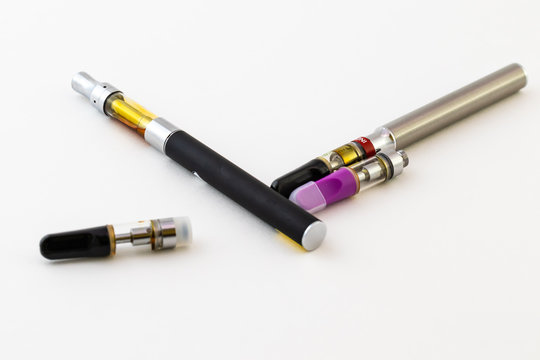The National firearms act (NFA) of 1934 regulates the ownership, move, and making of certain types of firearms and components in the United States. Enacted in reaction to concerns around gangland abuse throughout the Prohibition time, the NFA seeks to curb the circulation of weapons considered especially harmful or quickly concealable. Here’s things you need to understand about NFA conformity and enforcement:
What Firearms are Managed?
The NFA mostly targets firearms categorized as Title II weapons, such as:
Machine Weapons: Completely automatic firearms.
Short-Barreled Guns (SBRs) and Short-Barreled Shotguns (SBSs): Guns or shotguns with boxes faster than 16 inches or overall lengths less than 26 inches.
Suppressors: Products designed to reduce the sound of firearms.
Dangerous Units: Volatile products, grenades, and large-bore firearms.
Any Different Tool (AOW): Contains masked firearms or those maybe not quickly identifiable as firearms.
Compliance Requirements:
To legitimately get NFA firearms, people must stick to strict rules:
Subscription: Record a credit card applicatoin with the Bureau of Alcohol, Tobacco, Firearms and Explosives (ATF), pay a tax, and receive agreement before getting NFA items.
Background Always check: Pass an extensive background always check done by the ATF, including fingerprinting and acceptance by the chief law enforcement officer (CLEO) in your jurisdiction.
Storage and Use: Maintain proper documentation and ensure NFA goods are employed and stored in respect with federal and state laws.
Enforcement and Penalties:
Violations of the NFA may result in serious penalties, including fines, imprisonment, and confiscation of firearms. The ATF positively enforces compliance through:
Inspections: Conducting schedule inspections of licensed dealers and producers to verify record-keeping and inventory.
Investigations: Giving an answer to methods and doing investigations into assumed violations of NFA regulations.
Prosecution: Seeking legitimate activity against individuals discovered to stay possession of NFA products without appropriate registration or transfer documentation.
Conclusion:
Understanding and complying with the National Firearms Act is a must for weapon fans and collectors. By following a subscription method, staying with storage demands, and staying educated about regulatory changes, people may enjoy lawful possession of NFA firearms while preventing legal repercussions.


